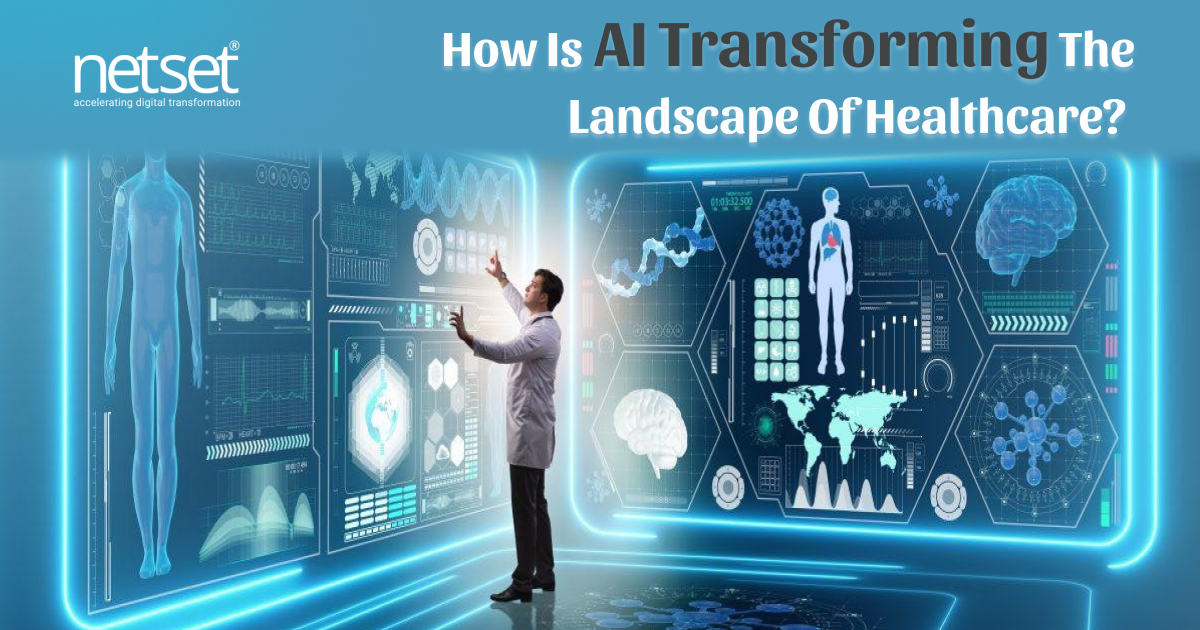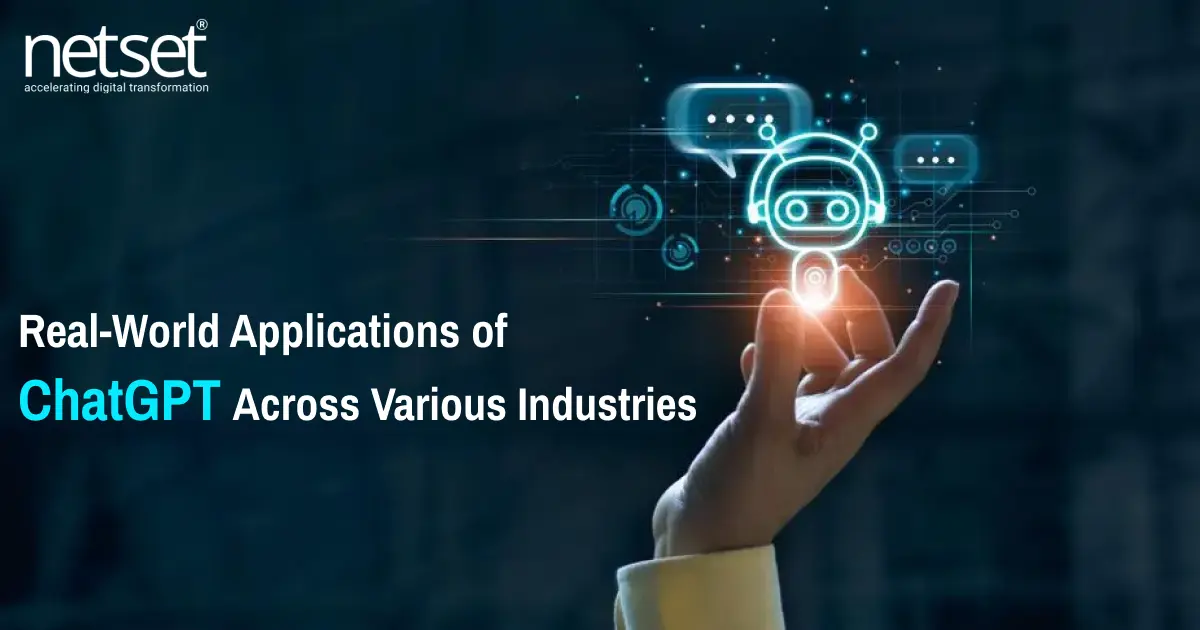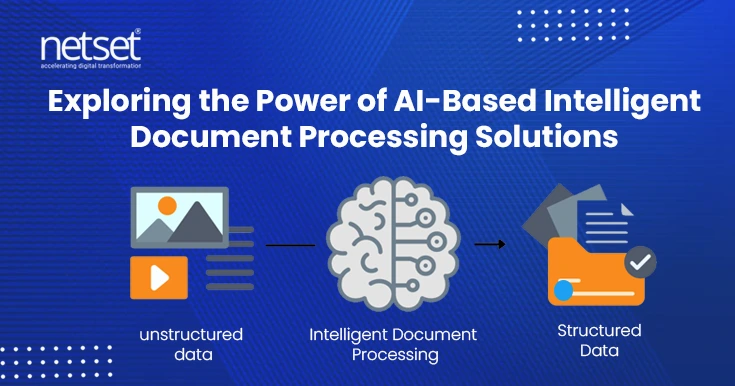How Is AI Transforming the Landscape of Healthcare?

The rise of artificial intelligence (AI) in the healthcare industry is reshaping how we diagnose, monitor, and treat patients. This state-of-the-art technology is leading to significant innovations in the industry, accelerating progress in drug discovery and development, and enabling healthcare providers to deliver improved and faster care.
According to Statista’s reports, AI in healthcare is expected to grow substantially, reaching a market value of $188 billion by 2030. This growth is anticipated to occur at a compound annual growth rate (CAGR) of 37% between 2022 and 2030.
This article aims to provide an in-depth exploration of the role of artificial intelligence in healthcare, shedding light on its current Generative AI solutions and its transformative potential within the industry in the years to come.
How Is Artificial Intelligence Used In Healthcare?
The use of AI in healthcare involves a variety of different technologies, each with a distinct function. The tasks and procedures that various AI technologies assist may differ, even though the sector as a whole considerably benefits from them. Let’s look at some of the most important applications of AI in healthcare:
- Machine Learning (ML):
Machine Learning is a pivotal component of Artificial Intelligence. It leverages data and algorithms to mimic human learning processes, continuously enhancing its accuracy. One standout application of ML is precision medicine. It uses patient attributes and treatment data to predict the most effective treatment plans. Deep learning, a complex ML form, aids in tasks like identifying potential cancerous lesions in radiology images, thus aiding early diagnosis.
- Natural Language Processing (NLP):
NLP in healthcare encompasses text analysis and speech recognition. Its conversational AI capabilities enable the development of AI Health Assistant. NLP systems analyze unstructured clinical notes, offering insights to enhance healthcare methods, quality, and patient care. This technology plays a crucial role in classifying clinical documentation and research articles, simplifying access to medical knowledge.
- Robotic Process Automation (RPA):
RPA is an economical and user-friendly AI development solution. It automates rule-based tasks, such as patient record updates and billing, optimizing administrative workflows in healthcare settings. This technology streamlines operations, freeing up valuable human resources for more critical roles.
- Rule-Based Expert Systems:
Rule-based expert systems are fundamental AI solutions in healthcare. They use predefined rules derived from human expertise to solve problems. While simple and transparent, they are being replaced by more data-driven approaches. These systems are primarily used for clinical decision support but face limitations when dealing with a high number of rules.
Key Challenges Of Implementing AI In Healthcare
Artificial intelligence (AI) has unquestionably revolutionized healthcare, offering an array of advantages ranging from early disease detection to personalized treatment plans. Nevertheless, this transformative journey is not devoid of its own set of challenges and ethical considerations, particularly as AI’s role in the medical domain continues to expand.
Technical Challenges:
- Data Privacy: Safeguarding patient data remains paramount, necessitating robust measures for secure data handling and storage. Any data breach could lead to catastrophic consequences.
- Security: The integrity of AI systems used in healthcare must be rigorously protected to thwart unauthorized access and manipulation. These technical challenges underscore the delicate balance between harnessing the benefits of AI and safeguarding sensitive information.
- Ethical Dilemmas: Ethical considerations loom large in the deployment of conversational AI in healthcare:
- Bias Mitigation: Developing AI systems that are free from biases is essential to prevent unfair treatment or misdiagnosis. This requires diverse training data to mitigate risks.
- Transparency: The complexity of AI decision-making necessitates transparent methodologies, fostering trust among medical professionals and patients alike.
Regulation and Compliance:
The dynamic nature of AI Health Assistants and AI software development solutions demands adaptive regulations to ensure responsible development and deployment. Compliance with existing laws and regulations is imperative to seamlessly integrate AI into healthcare while upholding patient rights and safety.
In navigating the expanding landscape of AI in healthcare, addressing these technical and regulatory challenges is crucial to harness its full potential while upholding ethical standards and patient well-being.
AI in Healthcare: Transforming the Industry with Conversational AI and Artificial Intelligence Development Solutions
- Robot-Assisted Surgery:
Conversational AI and Artificial Intelligence Development Solutions have ushered in a new era of surgical precision. Collaborative robots powered by AI have significantly reduced risks in surgeries, minimizing blood loss, pain, and post-operative complications. Surgeons now harness the power of AI for complex procedures, ensuring higher accuracy and faster patient recovery.
- Clinical Decision Support:
Conversational AI and AI software development solutions are empowering clinical providers to make informed decisions. AI delivers data-driven insights, aiding healthcare professionals in diagnosis, treatment planning, and patient management. This technology extends its influence to data-intensive specialties such as ophthalmology, radiology, and pathology, with the potential for autonomous task execution in the future. Natural language processing further streamlines the process by translating clinical notes in Electronic Health Records (EHRs), reducing redundancy.
- Medication Management and Health Assistance:
AI Health Assistants, exemplified by innovations like ‘Molly’ from Sense.ly, are redefining patient care. These virtual nurses leverage machine learning to monitor patients’ conditions and treatment progress between medical appointments. By providing personalized medication reminders and tracking adherence, these AI-driven solutions prove invaluable in managing chronic diseases, improving patient outcomes, and enhancing overall healthcare quality.
Conclusion
AI and healthcare are closely intertwined due to the numerous advantages this technology brings to the field. Artificial intelligence is transforming healthcare, making it smarter, more efficient, and more focused on patients. The incorporation of AI into healthcare can boost diagnostic precision, simplify administrative tasks, optimize resource distribution, and enhance treatment results.
Nonetheless, several obstacles impede the effective use of generative AI solutions in healthcare. By collaborating with dependable software development firms such as Netset Software, one can readily surmount these challenges and achieve greater accuracy in diagnosis, drug discovery, and treatment strategies.





